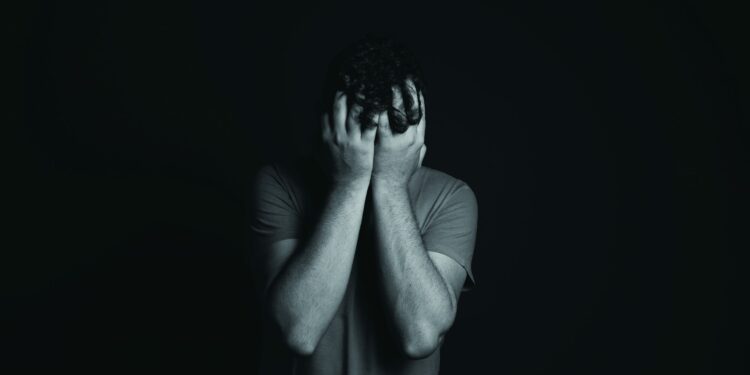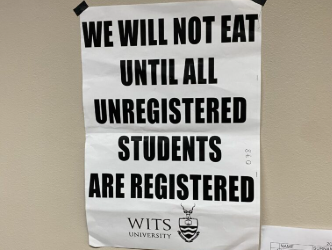A look at the effects of Covid-19 on the mental health of students
Tsepiso Theko
Students were instructed to vacate their residences and head back to their respective homes after the outbreak of the Covid-19 virus was announced on March 5.
With the first coronavirus case traced in KZN, it has since escalated to over 3 000 cases of the virus nationwide. On March 24, President Cyril Ramaphosa announced that a nationwide lockdown would be implemented effective on March 27. This is an implementation that has since been extended to several weeks.
With the rising number of cases, many students are under immense pressure. A number of students that reside on and off-campus could not go home due to various reasons. The Department of Higher Education has reported that more than 6 000 students are stuck in university residences. There are possibly more students stranded off-campus. These students are far from home in the midst of a national state of disaster. They have to contend with anxiety and panic, in addition to rejected NSFAS appeals.
There are new graduates who owe the institution fees and cannot get jobs due to their inability to access their qualifications. These students face rising predicaments with rent to pay and necessities to buy.
The lockdown has become a trigger to the mental health of these desperate graduates who had already been experiencing a sense of hopelessness.
A solution to alleviating the distress faced by these students would be to include them in relief funds budgets as they are under immense distress.
The mental effects extend even to students at home, first-years who are unfamiliar with the tertiary environment, or the use of recently introduced E-Learning. Some students also face the struggle of doing schoolwork at home due to dehumanizing living conditions.
















